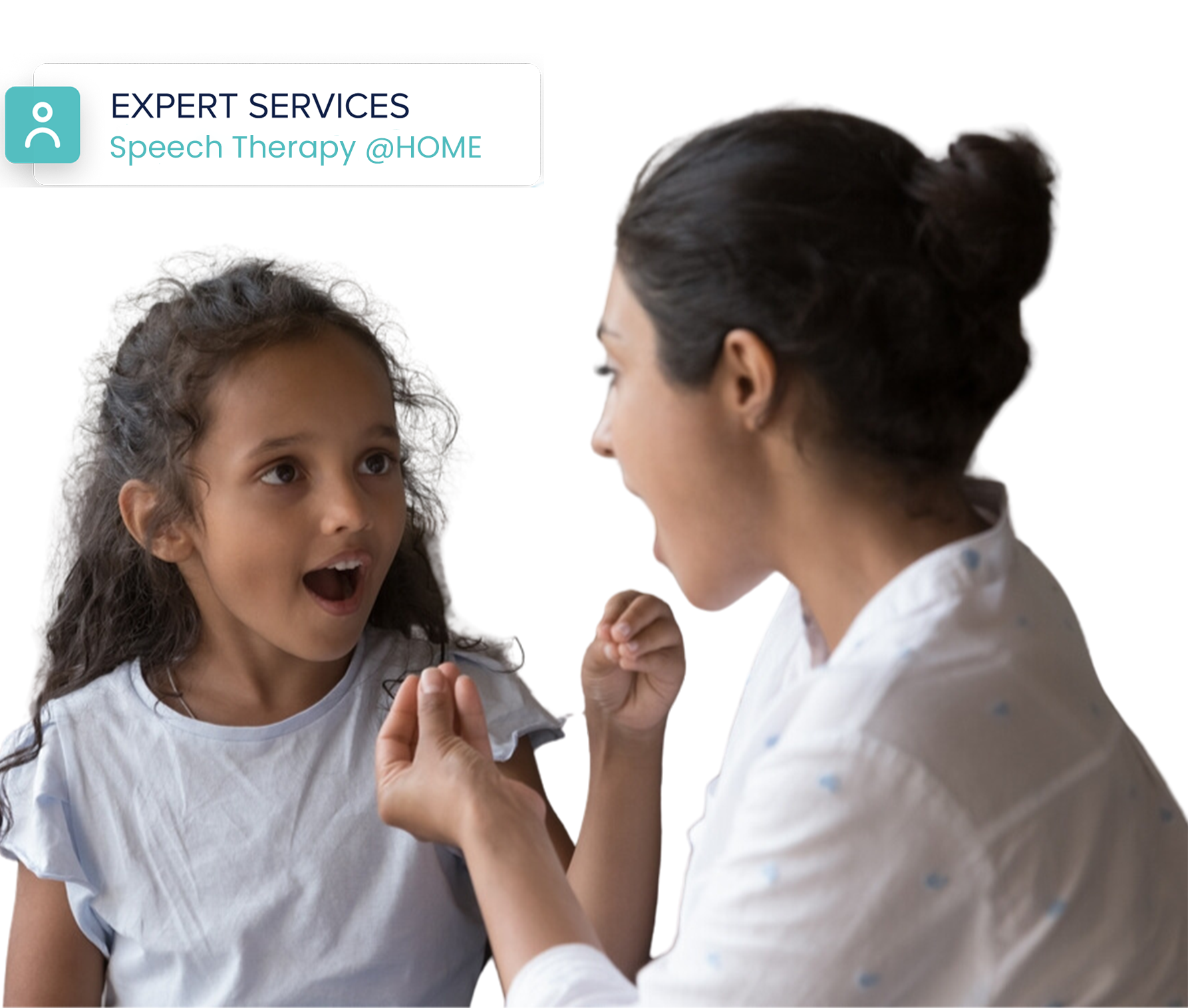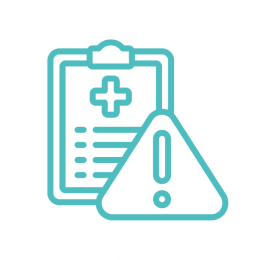Hi Guest Login
Upload Prescription

Home > Voice Therapy

Voice therapy is a structured, non-invasive approach that helps individuals improve vocal quality, reduce strain, and restore healthy voice production. It involves scientifically backed voice therapy exercises and techniques prescribed by trained respiratory or speech therapists or laryngologists. These methods target underlying causes of voice disorders, such as muscle tension or poor vocal habits. MaxAtHome combines the latest in voice therapy models including physiologic voice therapy and resonant voice therapy with one-on-one home sessions, ensuring personalised care plans and high standards of care.
Personalised Care: Tailored sessions using appropriate voice therapy techniques for your condition
Comfort and Privacy: Receive care in your natural setting, promoting vocal ease
Flexible Scheduling: Ideal for busy professionals, parents, and elderly patients
Reduced Travel Stress: No commute means more energy for recovery
Safe & Controlled Environment: Particularly beneficial for post-illness recovery or for those with mobility challenges
Laryngitis (acute and chronic): Inflammation of the vocal cords causing hoarseness or voice loss, often due to infection or overuse.
Vocal cord dysfunction (VCD): A condition where the vocal cords close inappropriately during breathing, often mistaken for asthma.
Vocal cord lesions: Benign growths (nodules, cysts, polyps) on the vocal cords that affect vibration and voice quality.
Vocal cord paralysis: Loss of movement in one or both vocal cords, resulting in a weak, breathy, or hoarse voice.
Muscle tension dysphonia: Voice disorder caused by excessive muscle activity around the larynx, leading to strained or tight voice quality. Vocal cord dysphonia and related neuromuscular issues: Disorders that disrupt normal vocal cord function due to nerve or muscle abnormalities.
Spasmodic dysphonia & vocal tremor: Neurological conditions where involuntary muscle movements disrupt normal voice patterns. Puberphonia: Individuals whose voices remain high-pitched after puberty due to improper vocal habits.
Resonant voice therapy exercises: Help you speak with less strain by finding a comfortable, natural voice tone.
Breathing exercises for voice therapy: Teach you how to breathe from your belly to support your voice better.
Symptomatic voice therapy: Focuses on correcting specific voice habits like speaking too softly or too loudly.
Accent voice therapy and pitch modulation support: Helps adjust pitch, tone, and accent for clearer, more natural speech.
Clear voice therapy: Supports recovery from illness by improving clarity and reducing hoarseness.
Psychogenic voice therapy: Addresses voice issues caused by stress or emotional factors.
Voice therapy for singers: Aims to protect and improve vocal strength and control for singing safely.
Trained Specialists: Experienced speech-language pathologists with specific training in speech therapy for voice disorders
Flexible Scheduling: Morning, evening, and weekend slots
Customised Sessions: Whether you are looking for voice therapy for laryngitis or physiologic voice therapy at home, we provide customised sessions for adults, children, singers, and professionals.
Convenient & Confidential: Therapy in the privacy of your home
Affordable Pricing: Quality care without high clinic overheads
Choose a quiet, well-lit space for sessions
Follow prescribed voice therapy exercises daily
Stay hydrated and practise vocal hygiene
Avoid whispering or shouting
Record practice sessions for review
Communicate openly with your therapist about discomfort or concerns

Read More
Choosing Max at Home for Voice therapy means selecting a partner committed to your communication success.


















